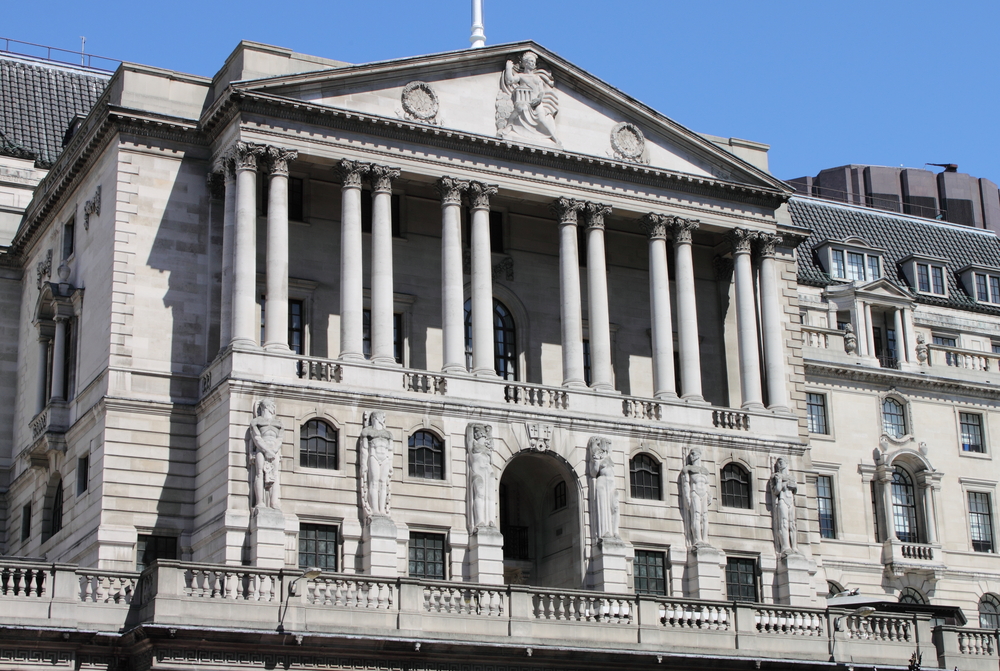Experienced Investor
Savers and investors urged to act now as inflation rises

The consumer prices index (CPI) measurement of inflation rose to 0.7% in the 12 months to March, new data from the Office for National Statistics has revealed.
That’s an increase from the 0.4% recorded in February, while the consumer prices index including housing costs (CPIH) increased from 0.7% to 1% over the same period.
Fuel costs was a factor in the rising inflation figure, with the ONS noting that the price of a litre of petrol stood at 123.7p in March, compared with 119.4p a year ago, and a recent low of just 106.2p per litre last May.
Clothing costs also jumped, off the back of increased discounting in February, according to the ONS. Despite the level of discounting dropping back in March, it noted that the overall levels of clothing discounts on offer are unseasonably high at the moment.
Rising confidence leading to more spending
Rachel Winter, associate investment director at Killik & Co, said that spending is rising on the back of the confidence provided by the success of the vaccine programme and the gradual unlocking of the economy, and suggested this may continue further as the weather improves.
She continued: “Many non-essential retail stores were greeted with huge queues when they reopened their doors on 12 April. Given that UK households will have amassed an estimated £250bn in savings over the lockdown, consumer spending could play a significant role in restarting the economy.”
Winter also pointed to increases in road traffic and job listings as “encouraging indicators” of the improving health of the economy.
Savers and investors need to act now
Kevin Brown, savings specialist at Scottish Friendly, suggested that the easing of lockdown was always likely to lead to a rise in inflation, but argued the spike is not as high as some may have expected.
He added that as the final restrictions are lifted, inflation could be pushed well beyond the Bank of England’s 2% target, and that should spur savers into action, particularly if they have cash squirreled away that they don’t need easy access to.
Brown continued: “If all your money is earning less interest than the rate of inflation, then it is effectively losing value, so instead it’s better to potentially consider investing some of that money to give you a chance to increase its value.”
This was echoed by Adrian Lowcock, head of personal investing at Willis Owen, who said that investors must ensure their money is placed suitably to protect against rising inflation.
He concluded: “Whilst inflation may experience a short term spike this year we believe longer term higher inflation poses a significant risk for investors.”